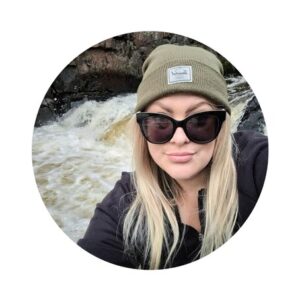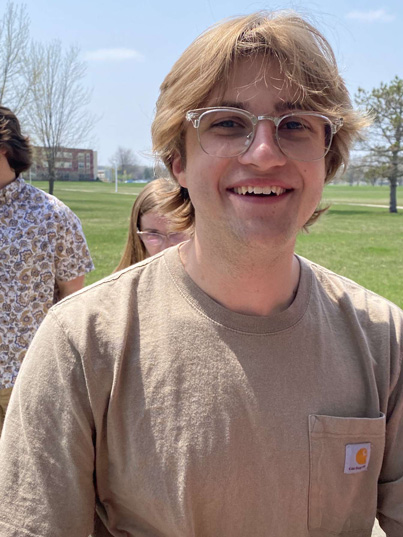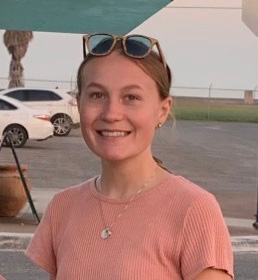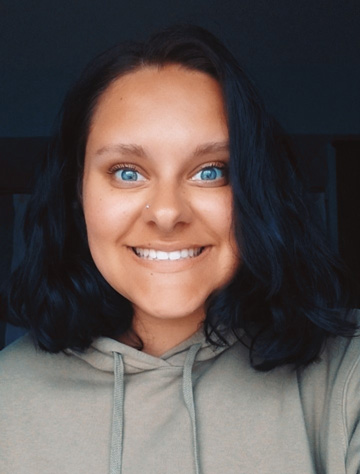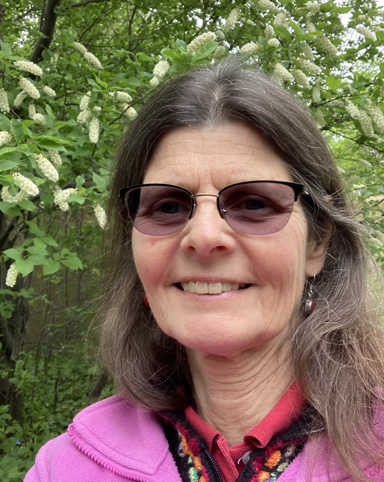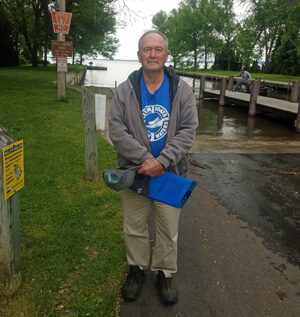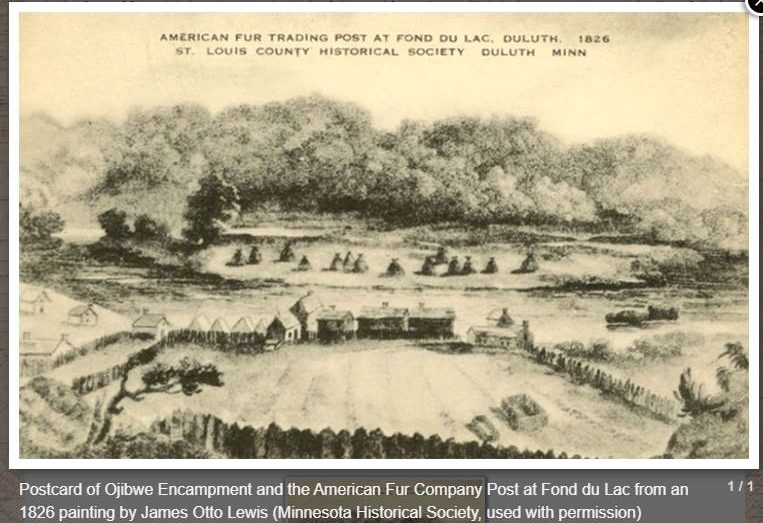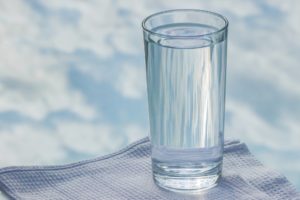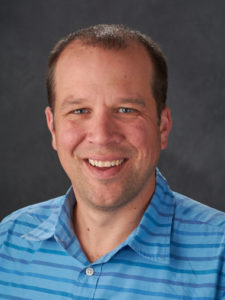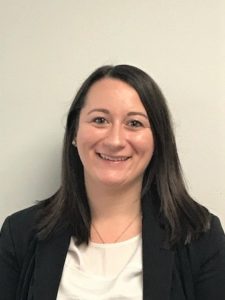WWLAT MEETING: Jan. 31, 2024
If you would like to attend the Jan. 31, 2024 meeting either in-person or virtually, please RSVP to Katie Reed at katherine@fwwa.org or 920-851-6472 by 1/29/24. Thank you!
The Winnebago Water Level Assessment Team provides a collaborative opportunity for stakeholder representatives and experts to develop realistic and achievable water level recommendations and related goals that reasonably balance the top priorities of multiple system users and the health of the lakes.
Meeting details:
Date: January 31, 2024
Time: 9:00 am – 11:00 am
Facilitator: Katie Reed, Winnebago Waterways Program Coordinator, Fox-Wolf Watershed Alliance, katherine@fwwa.org, (920)851-6472 & Jim Wickersham, Winnebago Waterways Program Director, jim@fwwa.org
Where: Virtual and In person options – In Person at Fox-Wolf Watershed Alliance office in Appleton & Virtual Option (see agenda for details)
CLICK HERE for the meeting agenda
Check back here for the meeting notes and presentation slides after the meeting
To visit the WWLAT website for other meeting notes and updates, CLICK HERE.
Winnebago Waterways is a Fox-Wolf Watershed Alliance recovery initiative. Contact us at wwinfo@fwwa.org

The post WWLAT MEETING: Jan. 31, 2024 appeared first on Fox-Wolf Watershed Alliance.
Fox-Wolf Watershed Alliance
https://fwwa.org/2024/01/22/wwlat_2024_01_31/?utm_source=rss&utm_medium=rss&utm_campaign=wwlat_2024_01_31

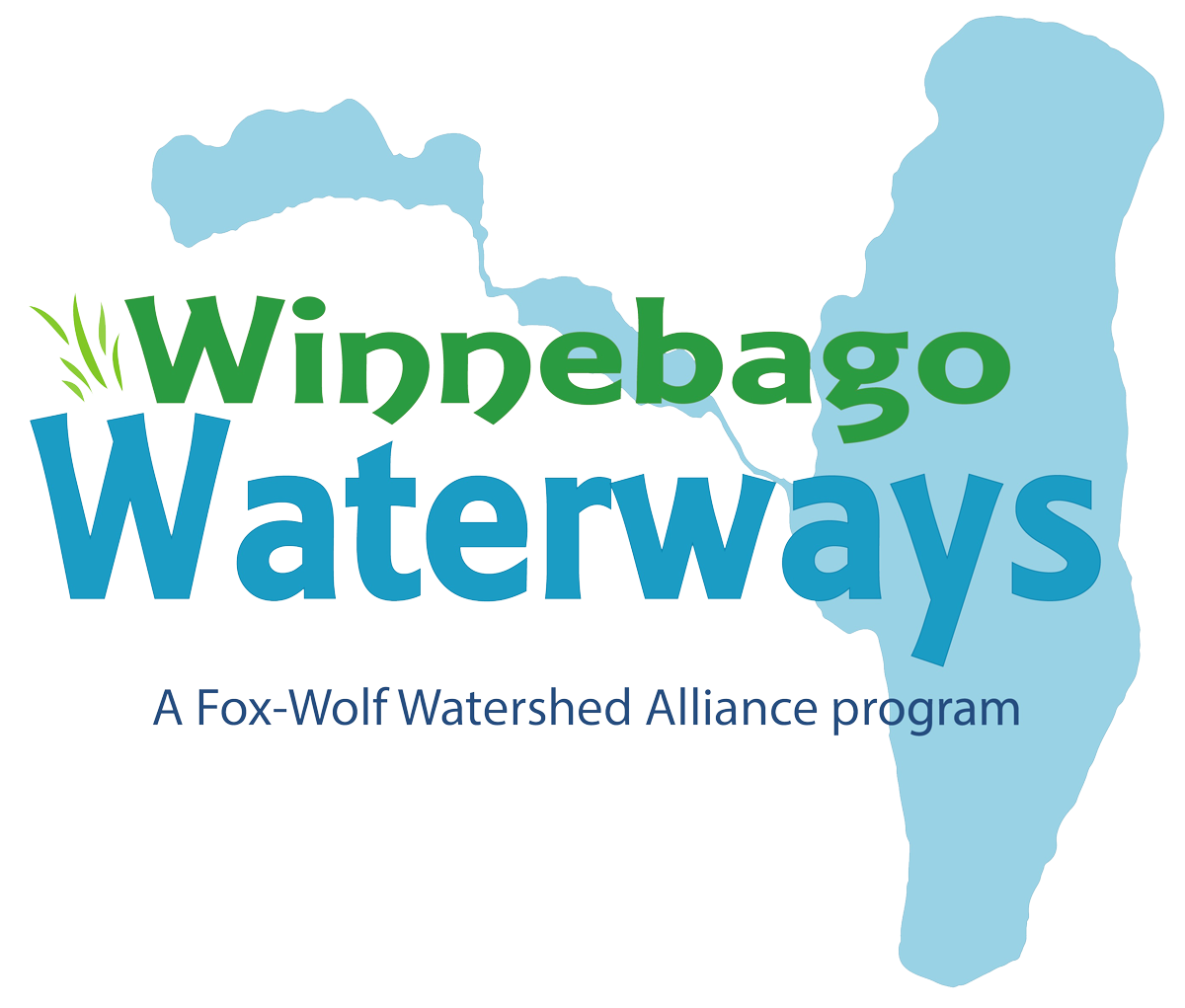
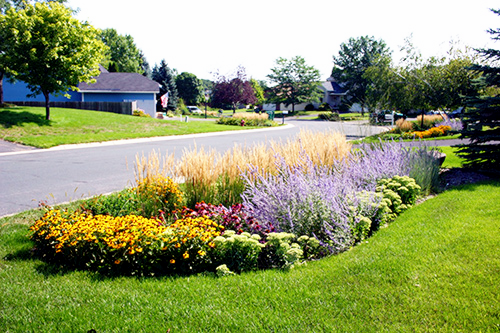 Attention Master Gardeners, Master Naturalists, Garden Club Members and others advising home gardeners; this webinar is for you! Representatives from UWEX and DNR will join Melinda Myers to talk about current threats, available resources and ways we can all work together to manage invasive plants. To register for the free webinar, click the button below!
Attention Master Gardeners, Master Naturalists, Garden Club Members and others advising home gardeners; this webinar is for you! Representatives from UWEX and DNR will join Melinda Myers to talk about current threats, available resources and ways we can all work together to manage invasive plants. To register for the free webinar, click the button below!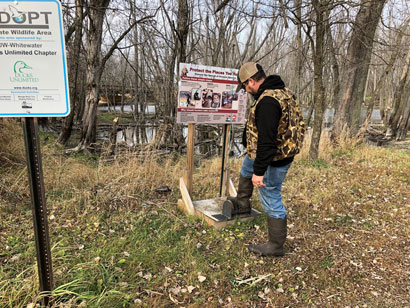
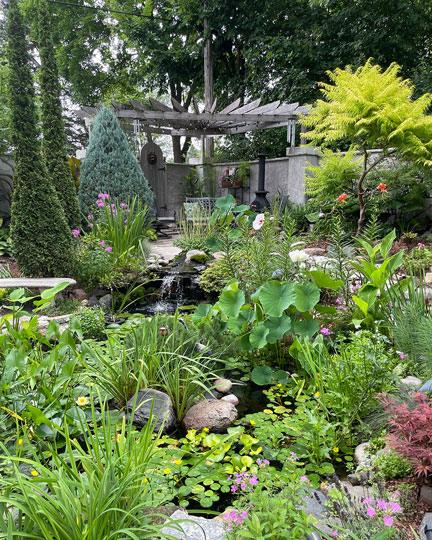
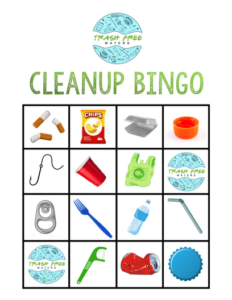 Fond du Lac’s Lakeside Park. The Trash Free Waters program engaged vistors with a “Cleanup Bingo” activity, where volunteers were given a reusable cleanup bingo card, trash grabbers, gloves, and a trash bag, and they set off to clean up litter in the park–hoping to get a “bingo” on their cards. Once they found a trash item from any horizontal, diagonal, or vertical line on the card, the volunteers returned to the Fox-Wolf booth to collect a prize item for their efforts. We underestimated the level of excited volunteers would have in taking on this activity, and quickly ran out of prize items after only a couple of hours.
Fond du Lac’s Lakeside Park. The Trash Free Waters program engaged vistors with a “Cleanup Bingo” activity, where volunteers were given a reusable cleanup bingo card, trash grabbers, gloves, and a trash bag, and they set off to clean up litter in the park–hoping to get a “bingo” on their cards. Once they found a trash item from any horizontal, diagonal, or vertical line on the card, the volunteers returned to the Fox-Wolf booth to collect a prize item for their efforts. We underestimated the level of excited volunteers would have in taking on this activity, and quickly ran out of prize items after only a couple of hours.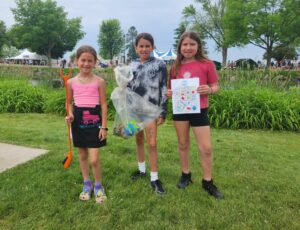
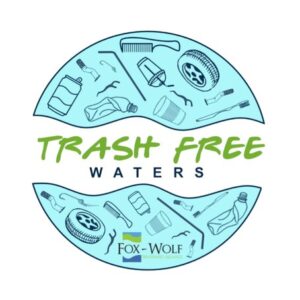
 kelly@fwwa.org
kelly@fwwa.org 920-915-1502
920-915-1502